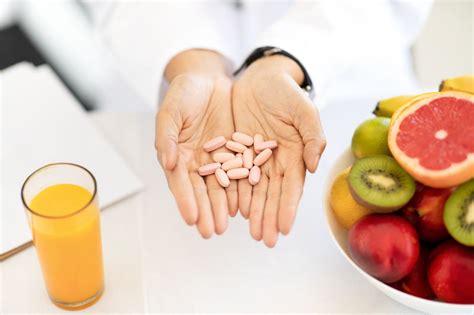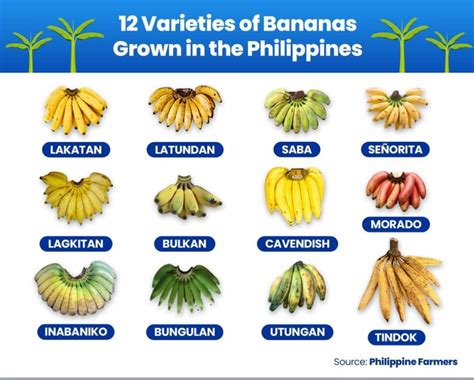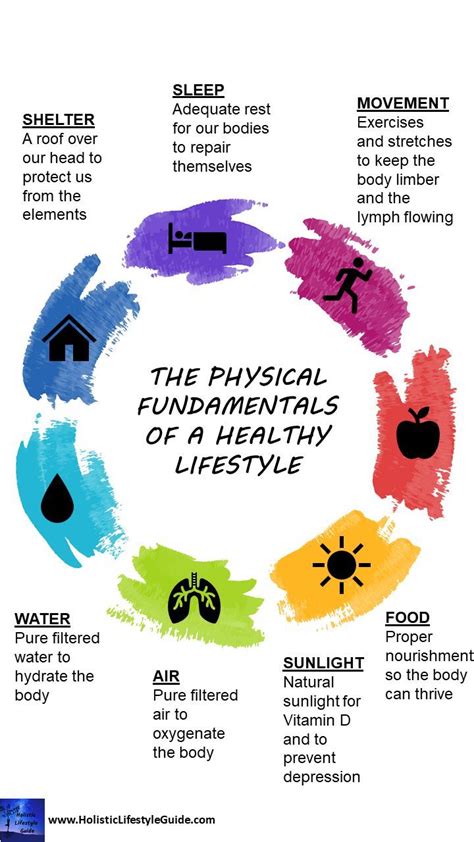Boost testosterone naturally: Which foods optimize male hormone health for peak performance?

Testosterone, often hailed as the cornerstone of male vitality, plays a pivotal role in far more than just muscle mass and sex drive. Optimal levels are crucial for energy, mood, cognitive function, bone density, and overall metabolic health. As men age, or due to lifestyle factors, testosterone levels can decline, leading to a host of undesirable symptoms. The good news? Your diet is a powerful tool you can leverage to support and optimize your body’s natural testosterone production.
The Nutritional Foundation of Hormone Health
Our bodies are complex biochemical factories, and like any factory, they require the right raw materials to produce their products efficiently. Hormones, including testosterone, are no exception. A diet rich in specific micronutrients and macronutrients provides the building blocks and catalysts necessary for healthy endocrine function. Conversely, nutrient deficiencies or excessive consumption of inflammatory foods can disrupt this delicate balance.

Essential Nutrients for Testosterone Synthesis
Certain vitamins and minerals stand out for their direct involvement in testosterone production:
- Zinc: A critical mineral, zinc is involved in hundreds of enzymatic reactions, including those that regulate testosterone levels. Studies have shown that zinc deficiency can lead to decreased testosterone.
- Vitamin D: More than just a vitamin, Vitamin D acts like a steroid hormone in the body. Research consistently links adequate Vitamin D levels with higher testosterone. Sunlight exposure is key, but dietary sources and supplementation are also vital.
- Magnesium: This mineral plays a role in over 300 enzymatic processes, including those that impact free testosterone levels. Magnesium binds to Sex Hormone Binding Globulin (SHBG), which allows more free testosterone to circulate in the blood.
- Healthy Fats: Cholesterol, a type of fat, is the precursor to all steroid hormones, including testosterone. Healthy saturated and monounsaturated fats are essential.
Top Foods to Incorporate for Testosterone Boost
Filling your plate with these foods can help lay a strong foundation for robust testosterone levels:
1. Oysters and Shellfish
These are perhaps the most famous testosterone-boosting foods, and for good reason. Oysters are incredibly rich in zinc, with a single serving often providing several times the daily recommended intake. Other shellfish like crab and lobster also offer significant amounts.
2. Fatty Fish (Salmon, Mackerel, Tuna)
Excellent sources of Vitamin D and Omega-3 fatty acids. Omega-3s are anti-inflammatory and support overall cellular health, indirectly benefiting hormone production. Wild-caught varieties are generally preferred for higher nutrient density.

3. Egg Yolks
Once demonized, egg yolks are a powerhouse of nutrients. They contain healthy cholesterol, crucial for testosterone synthesis, along with Vitamin D and selenium. Don’t skip the yolk!
4. Red Meat (Lean Cuts)
Beef, especially lean cuts, is a fantastic source of zinc, iron, and protein – all vital for testosterone. Aim for grass-fed options when possible for a better nutrient profile.
5. Leafy Green Vegetables (Spinach, Kale)
These greens are loaded with magnesium, a key player in testosterone regulation, as well as essential vitamins and antioxidants that combat oxidative stress.
6. Avocados
Rich in healthy monounsaturated fats, avocados provide the building blocks for steroid hormones. They also contain Vitamin B6, which helps regulate hormonal activity.
7. Ginger and Garlic
While not primary sources of essential vitamins or minerals, these culinary staples have been shown in some studies to have potential benefits for testosterone levels, possibly by reducing oxidative stress and inflammation.

Foods to Limit or Avoid
Just as important as what you eat is what you don’t eat. Certain foods can actively hinder testosterone production and disrupt hormonal balance:
- Processed Foods and Sugary Drinks: High sugar intake can lead to insulin resistance and increased inflammation, both detrimental to testosterone.
- Unhealthy Fats (Trans Fats): Found in many fried and processed foods, these fats promote inflammation and can negatively impact cholesterol profiles needed for hormone production.
- Excessive Alcohol: Chronic heavy alcohol consumption is known to disrupt the endocrine system, impairing testosterone synthesis.
- Soy Products (in excess): While moderate consumption of fermented soy is generally fine, excessive intake of unfermented soy products contains phytoestrogens that can potentially mimic estrogen in the body, which might affect testosterone levels in some individuals.

Beyond the Plate: A Holistic Approach
While diet is foundational, remember that testosterone optimization is multifaceted. Ensure you’re getting adequate sleep (7-9 hours), engaging in regular strength training and high-intensity interval training (HIIT), managing stress effectively, and maintaining a healthy body weight. These lifestyle factors work synergistically with your dietary choices to create an optimal environment for hormone health.

Conclusion
Optimizing male hormone health for peak performance is an achievable goal, and your diet plays a central role. By focusing on nutrient-dense whole foods rich in zinc, Vitamin D, magnesium, and healthy fats, while limiting processed items and excessive sugar, you can naturally support your body’s testosterone production. Combine these dietary strategies with smart lifestyle choices, and you’ll be well on your way to enhanced vitality, energy, and overall well-being.









